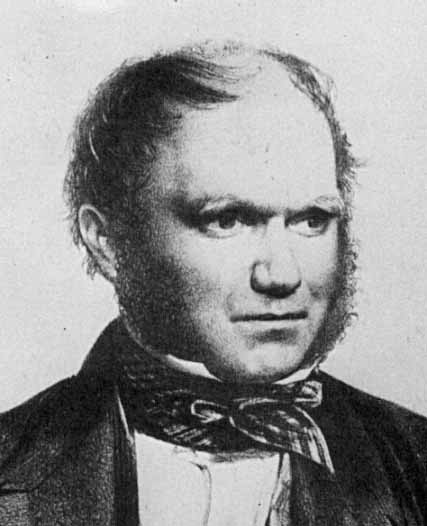 The term "refactoring" commonly refers to a set of useful computer programming techniques which involve making structural changes to a program without altering its function. Refactoring is often done before making functional changes. If you launch into making changes without some preliminary refactoring, you are often more likely to make mistakes. Refactoring frequently allows you to make changes without breaking tests - so you can verify that your changes don't break anything. If you need to make a bunch of changes, it sometimes helps to make ones that you can verify do no damage first.
The term "refactoring" commonly refers to a set of useful computer programming techniques which involve making structural changes to a program without altering its function. Refactoring is often done before making functional changes. If you launch into making changes without some preliminary refactoring, you are often more likely to make mistakes. Refactoring frequently allows you to make changes without breaking tests - so you can verify that your changes don't break anything. If you need to make a bunch of changes, it sometimes helps to make ones that you can verify do no damage first.I argued in refactoring science that science can benefit from refactoring too. I agree with the many folk who think that Darwinism is in need of some changes. This raises a number of issues about what changes need making. One such issue is where to start from. Darwinism has had two main identifiable releases: Darwin's Darwinism and the Modern Synthesis. Many seem to assume that we should build on the most recent release of the theory, the Modern Synthesis. For example, here's Massimo Pigliucci:
It makes just as little sense to talk of "Darwinism" in modern science as it does to talk about Mendelism or Newtonianism. The current theory of biological evolution is the Modern Synthesis, and if one wants to make the point that cultural evolution works in the same way, one needs to take on board the most refined version available of the theory, not its earliest draft. Incidentally, I think that's why we should avoid talk of Lamarckism as well as Darwinism altogether: they refer to murky (in the first instance) or outdated (in the second) ways of thinking about biology, and it doesn't help to resurrect them as if the last two centuries of science hadn't happened.
This rather assumes that the Modern Synthesis was an improvement over Darwinism. However, some have argued that the Modern Synthesis consists of a bunch of overstatements. For example, Mesoudi (2011) has argued that cultural evolution is Darwinian, but not Neo-Darwinian. The modern synthesis is often billed as uniting Darwin's idea of natural selection and Mendelian genetics. The problem is that Mendelian genetics only applies to inheritance via DNA. As a result, other forms of inheritance were sidelined by the synthesis. From such a perspective, the Modern Synthesis looks like a bit of a broken version of Darwinism. Failing to encompass cultural evolution is a pretty serious flaw. In this case, maybe we should start from an earlier revision of Darwinism - one without so many problems.
Starting with Darwin's theory should allow cherry picking any useful bits from the Modern Synthesis. Starting from the Modern Synthesis would probably be followed by bunch of 'revert' operations - to get rid of the dogmatic and mistaken bits. The former operation looks easier to me than the latter one.
I have some other concerns about starting from the Modern Synthesis. It is vague. Of course Darwin changed his mind about some things too - and the various editions of "The Origin" describe rather different theories. However, it seems to me that Darwinism is more clearly specified than the Modern Synthesis was. The Modern Synthesis can be difficult for critics to criticize - since there's no canonical version. In science, that's not a good thing.
In some respects, the Modern Synthesis illustrates how not to produce an evolutionary synthesis. It subsequently became a bit of a straitjacket for researchers. Inevitably any new theory of evolution will also be incomplete - but there's no need for it to be dogmatic and mistaken.










No comments:
Post a Comment